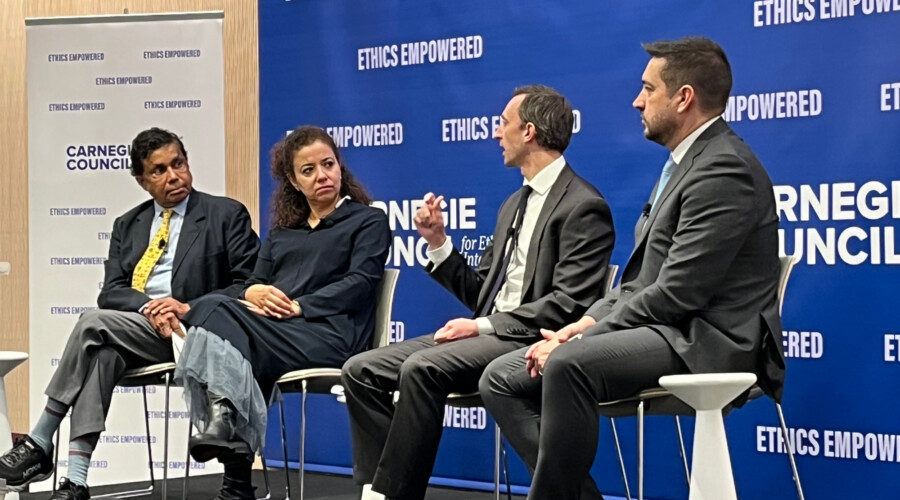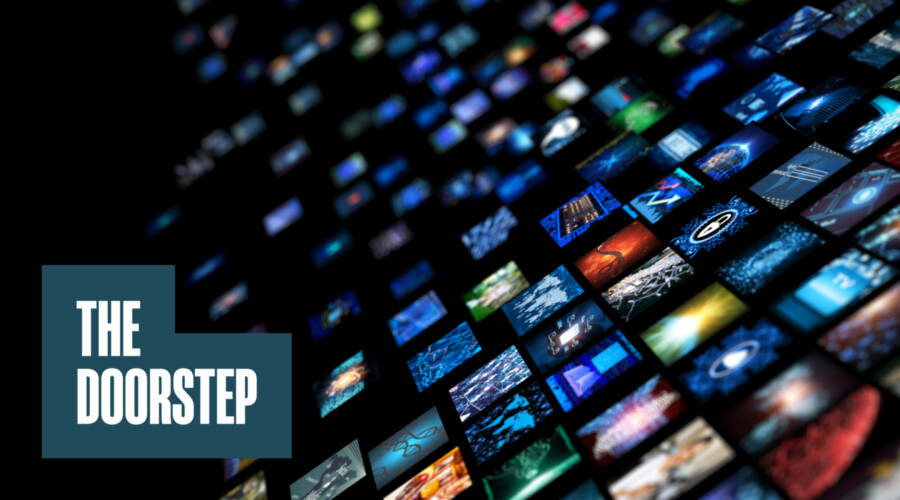As the Cuban embargo reaches a milestone, a majority of Americans think it's time for a change. Many argue that the communist stronghold is no longer a threat and the sanctions only serve to hurt the Cuban people. Is it time to lift the embargo or should Obama maintain the status quo?
The U.S. embargo on Cuba turned 50 this week. That makes it the longest-running economic embargo in the world. It is also the most contentious.
Last October, the UN General Assembly issued its 20th annual call to end the sanctions on Cuba. Today, a majority of Americans support the reinstatement of diplomatic ties with Cuba. Most would like to see the travel ban lifted, and about half are in favor of ending the trade embargo.
But U.S. policy on Cuba is unlikely to change. Half a century after President Kennedy issued his controversial order, neither President Obama nor his Republican rivals are looking to reverse the status quo.
After all, the Cuban government has consistently repressed political opposition and refused free and fair elections. Though the Communist Party has taken some steps to liberalize the state-run economy, it has done little to liberalize its politics. Since taking office, Cuban President Raul Castro's leadership has remained both stable and anti-democratic.
For embargo critics, this is precisely the problem. They argue that Cuba no longer poses a military threat to the United States. The embargo's ambition to penalize this lone communist stronghold is merely a remnant of the Cold War era. In fact, the viability of Cuba's communist government is testament to the failure of the U.S. policy. Rather than punish Castro and hasten change, the embargo only penalizes the Cuban people, depriving them of sorely needed medicine, food, and medical equipment. The embargo has also harmed the U.S., depriving it of a potentially lucrative trading partner.
As the U.S. embargo on Cuba turns 50, where do you stand? Should the U.S. revise its policy on Cuba?
For more information see
Most Americans Willing to Re-establish Ties with Cuba, Angus Reid Public Opinion, February 6, 2012
U.S. Maintains Embargo of Cuba After 50 Years, Despite International Condemnation, Democracy Now, February 7, 2012
Photo Credits in order of Appearance:
Library
of Congress
Eskinder
Debebe/UN Photo
Captain
Victor
curimedia
Cecil
Stoughton/White House
Mihai
Romanciuc
Manu
Dias/AGECOM
Sgt.
Matthew Moeller/U.S. Army
Alice
Taylor
Michael
Oswald
Elvin
fluido
& franz


